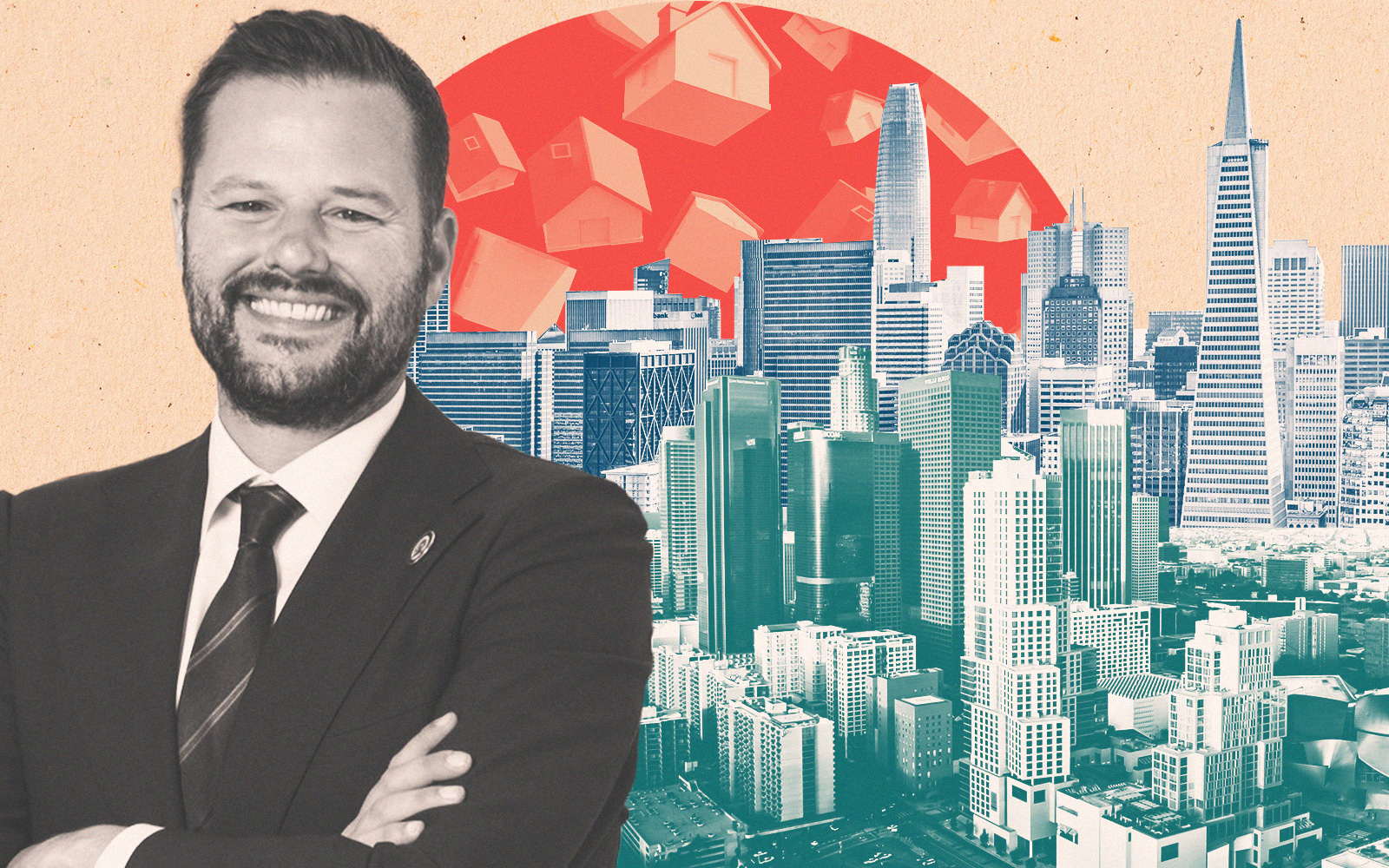For about 20 years, Bill Cooper hasn’t only been selling condos but also a vision that Downtown Los Angeles is the urban heart of Los Angeles County.
As a co-founder of the Downtown Real Estate Association, he’s one of the area’s most tenured agents. He’s navigated a number of downtown’s booms, such as the construction bonanza of the 2010s, as well as its busts and recoveries.
The roller coaster ride has been apparent through the construction in downtown over the past few years. In 2019, 3,867 apartments were delivered downtown. But then In 2021 only 572 came to market. Then a recovery began in 2022 when 1,489 were built, according to Rentcafe.
It’s a wild ride that Cooper has become familiar with.
Last week he took on a new role as manager for Coldwell Banker Exclusive’s office in DTLA. While his work will take him to other parts of the city, his heart remains in the heart of L.A.
The Real Deal caught up with Cooper following the news of his new gig to get a sense of what’s happening downtown and where he sees things going from here.
This interview has been edited for clarity.
TRD: Downtown has often been considered a frontier of Los Angeles real estate. There’s a lot of opportunity, but a lot of challenges. How did you get started here?
BC: It started in 2003 when Flower Street Lofts opened. There was a small handful of people who were pushing for downtown’s redevelopments, and everybody knew everybody. Once L.A. Live became a reality, then everyone understood that if someone spent that kind of money and put that kind of venue in downtown. It was on a path to success.
That’s why I moved downtown. It was going to take off any time. It had to. L.A. has run out of plots of land for single family homes. The only place that can double in residency is downtown with high rises. It is a great bet for real estate investment. There’s a lot of public development that is going on that will be finished before the Olympics [2028].
TRD: Was there a high point for downtown redevelopment? What’s the situation now?
BC: José Huizar was one of the biggest reasons downtown grew so well … until he wasn’t a good fit. His Bringing Back Broadway events brought hundreds of thousands of people to Downtown Los Angeles. The momentum stopped because of the councilman’s issues. If Huizar set out to accomplish what he came to accomplish, property values would be a lot higher.
Then came Kevin De León.
Half the time I don’t remember who our councilman is. We don’t hear his name. We don’t see him. He doesn’t talk to us. Nothing. Real estate agents have always helped to change the narrative of downtown. That’s if we know where we are headed.
TRD: The office market has been declining downtown. What about residential?
BC: Depending on which neighborhood and which building you were in, prices dropped 10 to 20 percent since pre-pandemic. We had a steady stream because the people who wanted to move or had to move, did move. And the people who wanted to get in a good deal, got in. I think this time will be considered when downtown regained its footing, and sales started to increase.
Office workers are not driving our successful residential sales now. It’s more first-time buyers, empty nesters and younger buyers who can’t get into the market outside of downtown. The younger market is more flexible with neighborhoods and situations. They love walking around, going out to restaurants downtown.
TRD: What’s the condo market like?
BC: A lot of the developers who started out planning condos are now converting to rentals. Probably a perfect example is The Grand by Gehry. For years they were talking about making more than 120 condos, but a month before it opened we did a tour of the building and found out that there were no condos. It was all lease. That has an effect on the neighborhood. For the most part, renters don’t have skin in the game. Developers and homeowners associations do. We could use more of those in downtown. Community is important downtown, that’s what brings people back.
Read more



